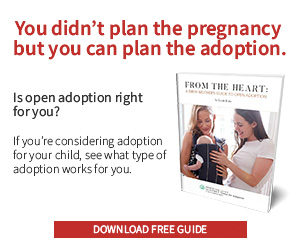Korea, as well as other countries, are in desperate need of Safe Haven Laws for the safety of the children at birth. A recent documentary, The Drop Box, featured a baby drop box facility in Seoul. The staff works mainly with volunteers and donations. They provide counseling for birth parents, and once an assessment is made, resources are shared with them. The babies are then taken to Seoul Metropolitan Office of Children’s Welfare Center to be transferred to an orphanage.
Reverend Lee Jong-rak built a baby box into the side of his house in 2009 after having a newborn abandoned on his doorstep in the freezing cold. Over 1,000 babies have been put in his baby box since it was built. In 2014 another baby box was built outside the city.
The idea of the baby box is not a new concept. Such places have been around for centuries. The reason they aren’t utilized more is because the laws don’t protect the parents from prosecution for abandonment. It leaves mothers in the position of having to give birth in secret and without proper medical care. In order to protect the safety of these babies, they need to work to establish Safe Haven Laws as are already in place in the U.S. and Austria. Over 3,000 babies have been saved since Safe Haven Laws went into effect in 1999 in Texas.
According to Jong-rak’s records, 3 infants were being placed in his box per month from 2009 to 2012. Since the Birth Registration Law of 2012, that number has increased to 25-30 babies a month. The purpose of the law was to help Korean adoptees find their biological parents but has resulted in shame for unwed mothers. Rather than register unmarried, which could affect future jobs and relationships, they take their babies to boxes. Unfortunately for the child, remaining unregistered makes them ineligible for international adoption. Also, not knowing the bloodline of the child greatly reduces the chance of a domestic adoption.
The life of a child is priceless. As an understanding of adoption and unplanned pregnancy in South Korea is further explored, the options birth mothers have for placing or choosing to mother their children will increase. Time suggests, “Human interaction can help encourage parents to give their child a name, identify the date of birth, or write a final letter to their child to help with closure.” The incorporating of Safe Haven Laws as well as communal support will give these Korean children the best chance at a better life.



